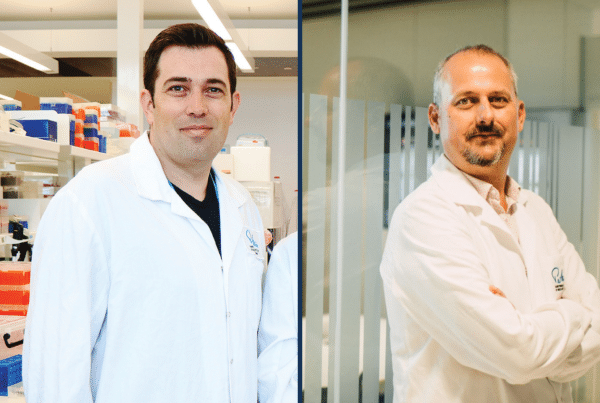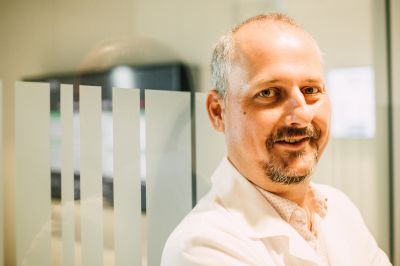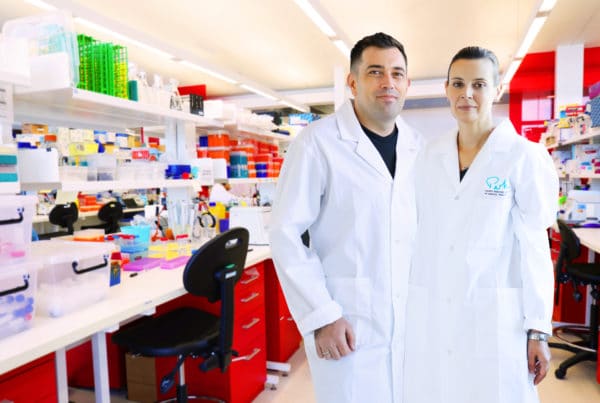WA researchers excel in nationally competitive grants
Read More
Mitochondria are energy-producing machines that are found in all human cells. Mitochondria contain a small set of genes that must work properly to make the energy our bodies require for health. Defects in mitochondrial function caused by mutations in genes that make mitochondria cause debilitating diseases for which there are no cures and treatments are difficult and limited. Some of these diseases are very difficult to diagnose and provide any treatment besides palliative care.
Mitochondrial diseases affect children as well as adults and they are diseases that affect three or more organ systems and lead progressive deterioration. Often mitochondrial diseases can cause isolated symptoms that may include unexplained seizures, low blood counts, abnormal muscle tone or spasms, blindness, deafness, dementia, ataxia (stumbling or tremors), heart failure, or progressive muscle weakness. Very often several organ systems can be affected in sequence, one affecting another and causing them to further deteriorate.
There are over 50 inherited diseases that involve mitochondrial dysfunction. It is found that more than 1 in 4,000 children born each year will develop a mitochondrial disease by the age of 10. Mitochondrial diseases are devastating just like childhood cancer and both have a range in mortality from 10 to 50% per year, depending on the specific disease. The mitochondrial disease Leigh’s syndrome is one of the more lethal mitochondrial diseases with a mortality of about 50% per year after diagnosis.
Recent research has shown that mitochondrial DNA mutations are present in one in 250 people with at least one in 5,000 suffering severe disease. This means that out of 2,000 patients who are seen at a general practice, approximately 10 patients have a mutation that has the potential to cause mitochondrial disease or a disease that can involve mitochondrial dysfunction.
There are no definitive cures for mitochondrial diseases, but there are a number of treatment options that can sometimes help to reduce symptoms or slow the decline in health. There are major differences in mitochondrial disease symptoms and outcomes, and the treatments and vary greatly depending on the patient. The impact of treatments can differ too and there are no clear ways to accurately predict a patient’s response to treatment.
Treatments for mitochondrial disease may include
The Mitochondrial Medicine and Biology Laboratory at the Perkins investigates the molecular mechanisms that cause mitochondrial diseases. The team use cutting edge technologies to identify mutations that cause mitochondrial disease in patients and investigate how these mutations lead to these disorders to gain insight into potential drug targets. The group is particularly interested in the development of future treatments for mitochondrial diseases.
Recently, Perkins researcher Dr Tara Richman uncovered the role of a protein that helps mitochondria control energy production. If there was too much or too little of this protein, mitochondrial dysfunction could occur. Dr Richman also discovered links between a mitochondrial mutation and fatty liver disease.
The team are currently examining how gene expression is regulated within mitochondria to better understand links between transcription and translation in mammalian mitochondria


